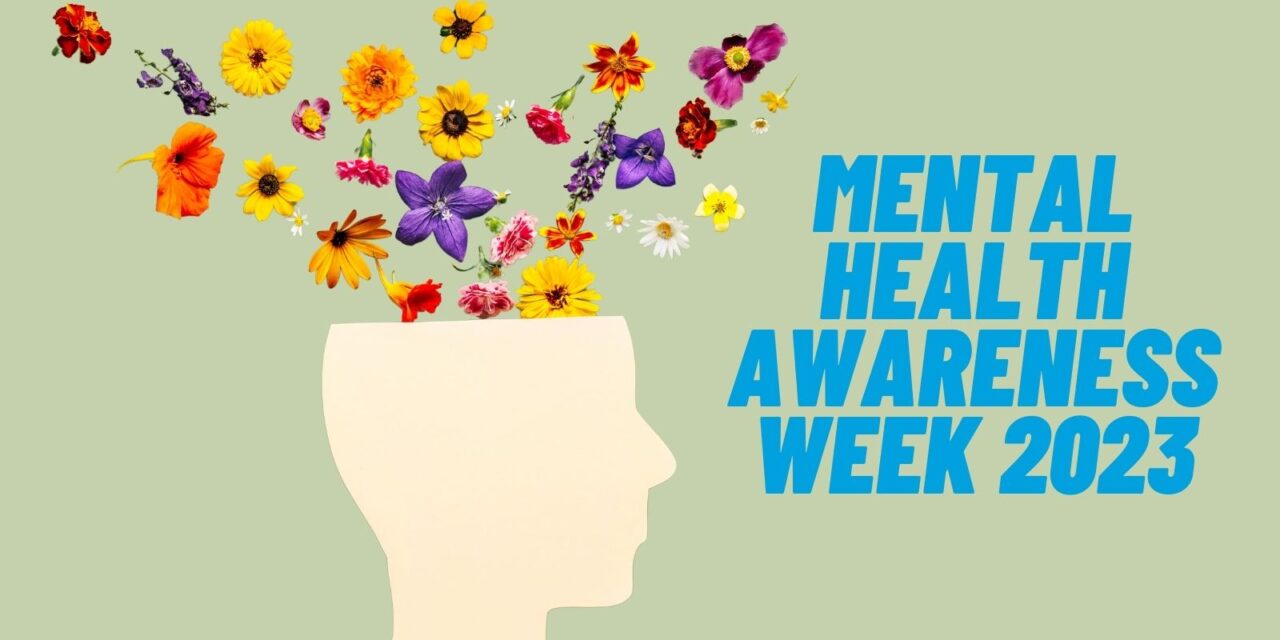Every May, Mental health awareness week takes place. Each year has a different theme set by the Mental Health Foundation, and 2023’s theme is Anxiety.
The Mental Health Awareness Foundation uses the week to ‘encourage all to think about mental health, tackle stigma and find out how we can create a society that prevents mental heal problems from developing’.
What is anxiety?
The NHS details anxiety as a ‘feeling of unease, such as worry or fear, that can be mild or severe’. We all have feelings of anxiety at some point in our lives. These can be things like exams, job interviews, or attending medical tests. People who have anxiety find it hard to control their worries, and feelings of anxiety are more constant.
Are you aware of the symptoms of anxiety? If you’re unsure, have a look at this previous helpful YES article that details them.
Anxiety is the main symptom of many conditions such as:
- post-traumatic stress disorder (PTSD)
- social anxiety disorder (social phobia)
- agoraphobia (crowded or open spaces)
- claustrophobia (small space phobia)
There is also a condition called Generalised Anxiety Disorder (GAD) which is a long-term condition that causes the person to feel anxious about a wide range of situations rather than one specific event.
Anxiety in figures
The Mental Health Organisation website states that ‘Anxiety is one of the most common mental health problems we can face’. It is estimated that every week in England, 6 in 100 people will be diagnosed with Generalised Anxiety Disorder (Mind UK) and that over 8 million people are experiencing an anxiety disorder at any one time (Mental Health UK).
Mental health awareness week aims to shed light on different mental health disorders. Increasing people’s awareness, understanding, and most importantly keeping the conversation about mental health open.
Let’s talk Mental Health
Having open and honest discussions about mental health helps to reduce the stigma associated with mental illness. By not treating mental health as a taboo subject, it can help encourage people to seek the help they need.
If someone you know is experiencing a mental health problem, you may feel unsure of what you can do to help. It’s very common that before speaking to a health professional first, many people will speak to loved ones, family members, and friends. Your support is invaluable and it’s worth arming yourself with information that can help those in need.
Here are some helpful tips from the mental health charity Mind you can use to help someone seek support:
- Listen. Simply giving someone space to talk, and listening to how they’re feeling, can be really helpful in itself. If they’re finding it difficult, let them know that you’re there when they are ready.
- Offer reassurance. Seeking help can feel lonely, and sometimes scary. You can reassure someone by letting them know that they are not alone, and that you will be there to help.
- Stay calm. Even though it might be upsetting to hear that someone you care about is distressed, try to stay calm. This will help your friend or family member feel calmer too, and show them that they can talk to you openly without upsetting you.
- Be patient. You might want to know more details about their thoughts and feelings, or want them to get help immediately. But it’s important to let them set the pace for seeking support themselves.
- Try not to make assumptions. Your perspective might be useful to your friend or family member, but try not to assume that you already know what may have caused their feelings, or what will help.
- Keep social contact. Part of the emotional support you offer could be to keep things as normal as possible. This could include involving your friend or family member in social events, or chatting about other parts of your lives.
Be kind to your mind
The Mental Health Foundation website has useful resources, information, and advice for all. For this year’s theme, they have tips to cope with feelings of anxiety.
If you are struggling with your mental health, contact your GP. If you need help today, the Samaritans offer a totally free service. Call 116 123 to speak to someone or visit the Samaritans’ website.




